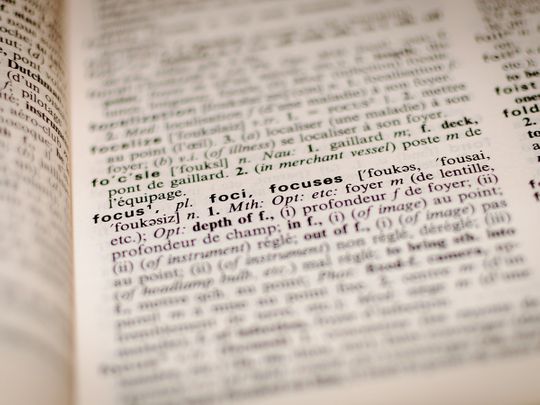
Nothing ruins our shot at productivity and success better than a lack of focus.
Click start to play today’s Spell It, where you can find the word “focus”.
Sometimes, it’s fatigue that’s responsible, and other times it’s a lack of motivation. No matter what it is, getting into the right mental headspace can be all that we require to work well and thrive at what we do.
Here are three science-backed tips that have been known to increase focus:
1. Reduce multitasking
It might seem counterproductive, but multitasking can actually hurt more than help you, scientists say. A 2009 study by US-based Stanford University examined 100 students, and analysed their attention spans, memory, and ability to switch from one task to the next. Those who identified as multitaskers performed poorly on every single test.
2. Exercise
What you do outside of work can help you when you’re in the office. One such element is exercise. According to a January 2022 report in US-based business news website Business Insider, studies have shown that running, swimming, and weight lifting promote brain health, especially the parts of it that are associated with memory capacity and concentration. According to a November 2015 study published in the Journal of the American Medical Association, regular exercise – that is, 15 minutes of daily moderate activity or running for just five to 10 minutes every day – helps stimulate the release of a chemical called brain-derived neurotrophic factor. Scientists think this chemical helps rewire memory circuits and improves their functioning, which naturally leads to better concentration.
3. Take breaks
It’s vital to step back and take a breather from work, if you want to be productive. A 2011 study by US-based University of Illinois asked 84 individuals to perform a simple computer task for an hour. Those who were given two brief breaks during that period performed at a steady, consistent level, compared to those who weren’t offered a break – they just performed worse and worse over time. Scientists think something called ‘decision fatigue’ can set in – how quickly and accurately we make decisions – if we don’t take semi-frequent breaks.
What do you do to focus? Play today’s Spell It and tell us at games@gulfnews.com.









